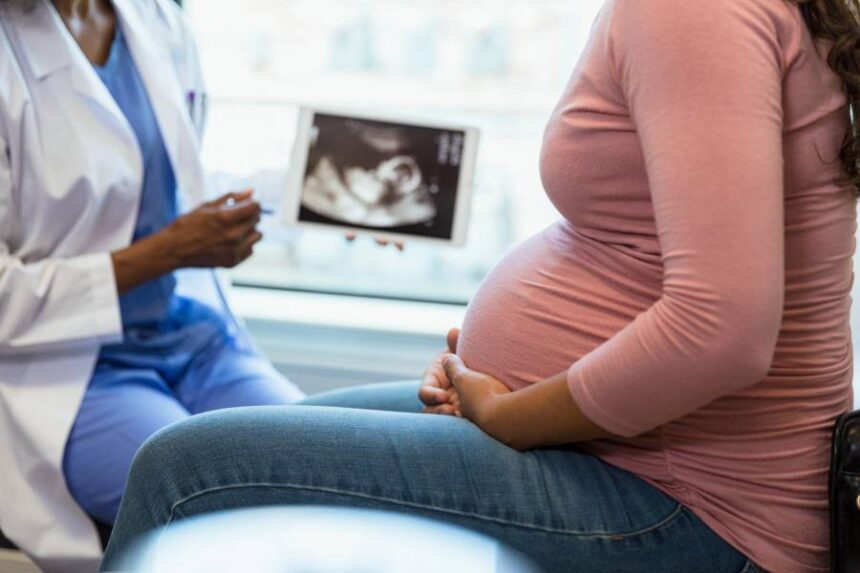Vitamin D deficiency is common in people who spend most of their time indoors, who live in the northern hemisphere, who avoid the sun, who are lactose intolerant, who are vegan, who are elderly, or who have darker skin.
A recent study found that 25% of Americans suffer from this issue. The rate of malnutrition is even higher among African-Americans, at 60%.
The United States Dietary Guidelines identify vitamin D as a nutrient of interest. University of Delaware assistant professor of behavioral health and nutrition Melissa Melough found that low levels of this important nutrient during pregnancy may have negative effects on child health.
Melough has found a correlation between maternal vitamin D levels and kids’ behavior, and her findings have been published in The Journal of Nutrition.
Melough analyzed nearly 3,200 mother-child pairs from across the country using data from the Environmental influences on Child Health Outcomes (ECHO) consortium. Vitamin D deficiency was associated with lasting effects on their child’s social development, and as many as half of the mothers were found to be deficient.
“This study confirmed a high prevalence of vitamin D deficiency in pregnancy, particularly among Black women, and revealed evidence of an association between lower gestational 25(OH)D and childhood behavioral problems,” according to researchers.
“Associations were more apparent in analyses restricted to prenatal rather than cord blood samples. Interventions to correct vitamin D deficiency during pregnancy should be explored as a strategy to improve childhood behavioral outcomes.”


